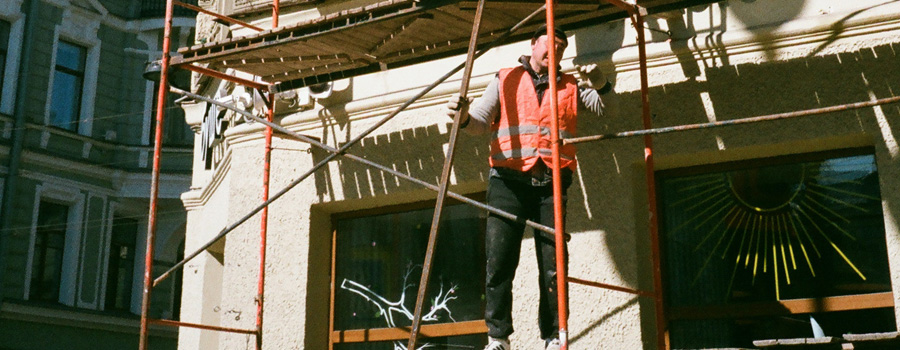Blog Post

Ordering readymade concrete is a critical step in any construction project. The quality and suitability of the concrete can significantly impact the durability and strength of the final structure. Therefore, it is vital to conduct thorough checks before placing an order for ready-mixed concrete. This article outlines eight essential factors that construction professionals and homeowners must consider to ensure they receive the right concrete mix for their specific needs. By adhering to these checks, you can avoid potential setbacks, save time, and guarantee a successful construction project.
Project Requirements
The first step in ordering ready-mixed concrete is to understand the project requirements thoroughly. Identify the type and purpose of the construction, whether it is for a foundation, slab, column, or other structural elements. Additionally, determine the load-bearing capacity and exposure conditions the concrete will face (e.g., temperature, weather, and chemical exposure). By defining these requirements accurately, you can communicate the necessary specifications to the concrete supplier and ensure they provide the appropriate mix design.
Concrete Grade and Mix Design
The grade of concrete refers to its compressive strength, and it is denoted by a number (e.g., C20, C30, C40). The higher the number, the stronger the concrete. Selecting the correct concrete grade is crucial to meet the structural demands of the project. Additionally, the mix design specifies the proportion of cement, aggregates, water, and any additives needed for the desired properties. Make sure the supplier follows the correct mix design and ask for test certificates to verify the quality and consistency of the concrete.
Supplier Reputation
Choosing a reputable and reliable ready mix concrete supplier is paramount. Research various suppliers in your area, read customer reviews, and inquire about their experience and certifications. A well-established supplier with a track record of delivering high-quality concrete can give you peace of mind that your project is in capable hands.
Quality Assurance and Testing
Ensure that the concrete supplier follows strict quality assurance procedures and adheres to relevant industry standards. Request information on their testing process, which should include regular testing of raw materials and finished concrete batches. These tests help identify potential issues early on and guarantee that the supplied concrete meets the required specifications.
Delivery Schedule
Time is of the essence in construction projects. Coordinate with the supplier to establish a feasible delivery schedule that aligns with your construction timeline. Delays in concrete delivery can disrupt the construction process and lead to additional costs. Plan ahead and communicate your requirements to the supplier to avoid any unnecessary delays.
Quantity Estimation
Accurate estimation of the required concrete quantity is crucial to prevent over-ordering or running short of concrete during construction. Work with your project's engineer or contractor to calculate the precise volume of concrete needed. Ordering the correct quantity will not only save costs but also minimize environmental impact by reducing waste.
Pumping and Placing Considerations
If your project involves hard-to-reach areas or high-rise buildings, consider the need for a concrete pump. Inform the supplier about the required pumping distance and height, so they can arrange the appropriate equipment. Properly planned concrete placement is essential to avoid segregation, bleeding, and other issues that can affect the concrete's integrity.
Environmental Considerations
In today's construction industry, environmental sustainability is a crucial aspect. Inquire about the supplier's eco-friendly practices, such as using recycled aggregates or supplementary cementitious materials. By opting for environmentally responsible concrete, you contribute to reducing the project's carbon footprint.
Conclusion
Ordering ready-made concrete is a vital step in any construction project, and thorough checks are essential to ensure its quality, durability, and suitability for the intended application. By considering the project requirements, concrete grade, supplier reputation, quality assurance, delivery schedule, quantity estimation, pumping and placing considerations, and environmental impact, you can confidently place your order and proceed with your construction project with peace of mind. Taking these precautionary steps will help avoid potential issues and setbacks, ultimately leading to a successful and enduring construction outcome.